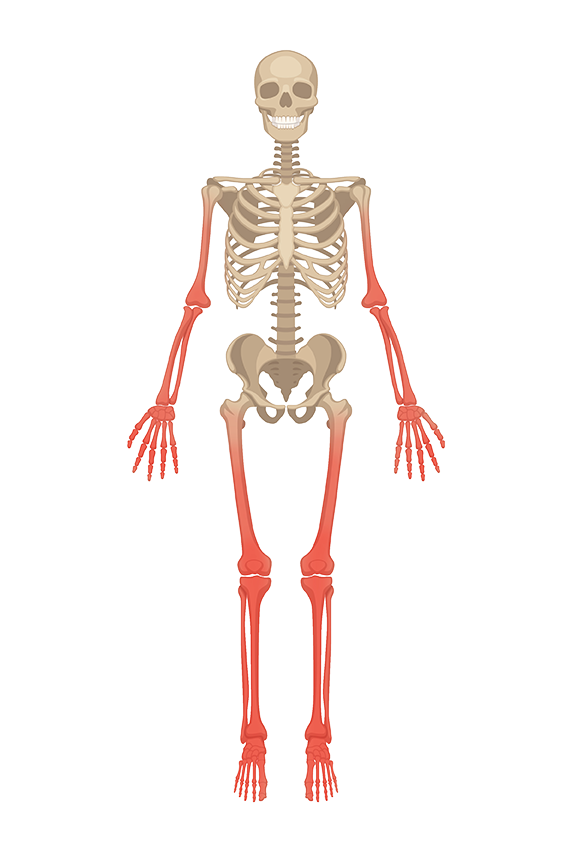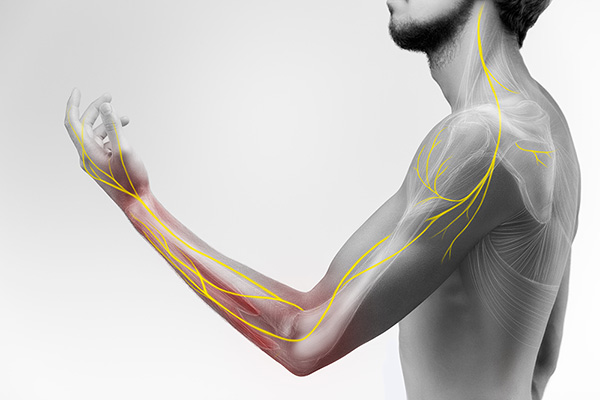Wellington Nerve Pain & Sciatica Treatment
Our nerves act as our internal wiring, allowing information to be sent between our brains and our body’s.
When a nerve is compromised, the signals that pass between these two areas can be disrupted or altered. You may feel tingling, numbness, burning or shooting pain in a certain area and notice that specific muscles become weak. The location of these symptoms can give the Chiropractor an indication of which nerve is being compressed and where along the nerve it is occurring. We also perform neurological and orthopedic tests to narrow down the possible causes. Often a specific stretch is recommended to help relieve compression, other times a referral for an x-ray or to another health professional is required.
Sciatica is a common reason to come to the clinic. There are many different causes of sciatic nerve pain and the symptoms can often be related to issues in the lower back. There is low to moderate-quality evidence suggesting spinal manipulation is an effective treatment for acute sciatica.
Find out the cause of your nerve irritation and you’ll then know how to best treat it.
If you are after thorough look into your nerve pain, try out Karori Chiropractic

The Causes of Nerve Pain & Sciatica

Common sources of nerve compression:
- Upper body: Cervical disc herniation, osteoarthritic growths causing stenosis, thoracic outlet syndrome (including scalenus anticus syndrome, pectoralis minor syndrome and cervical rib syndrome), cubital tunnel syndrome and carpal tunnel syndrome.
- Mid body: Intercostal neuralgia.
- Lower body: Lumbar disc herniation, osteoarthritic growths causing stenosis, spondylolisthesis, piriformis syndrome, obturator nerve entrapment, meralgia paresthetica and tarsal tunnel syndrome.
More rare but serious health conditions can also cause these symptoms. These include brain and spinal cord pathologies, diabetes and autoimmune diseases. It is therefore important to be checked by a health professional if you start noticing nerve-like symptoms.

